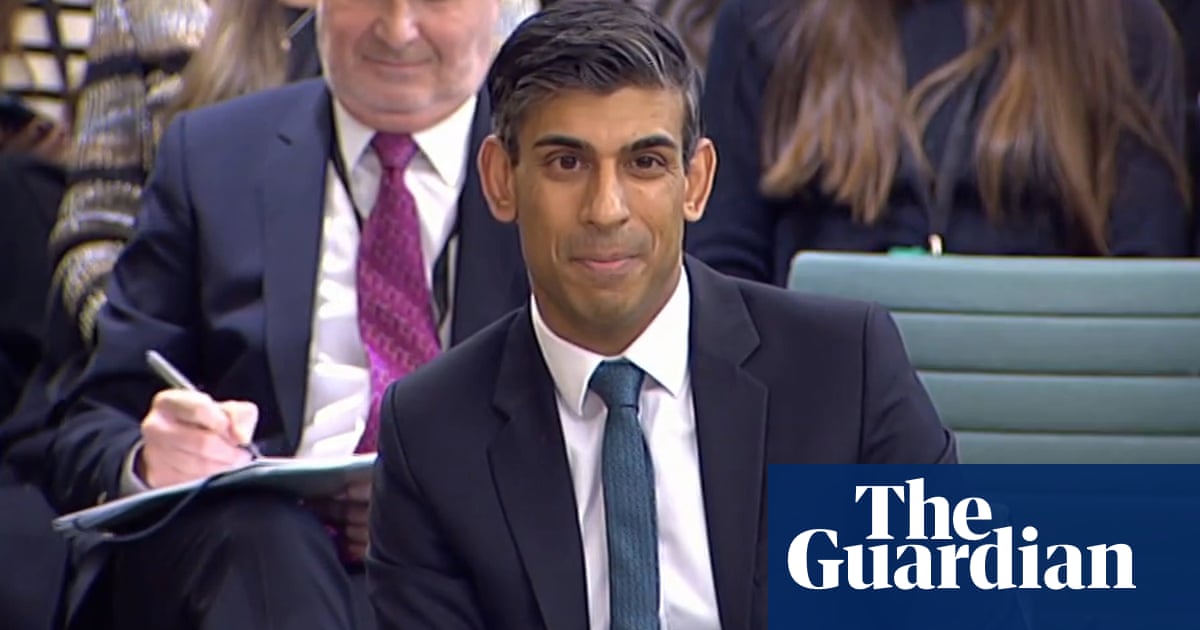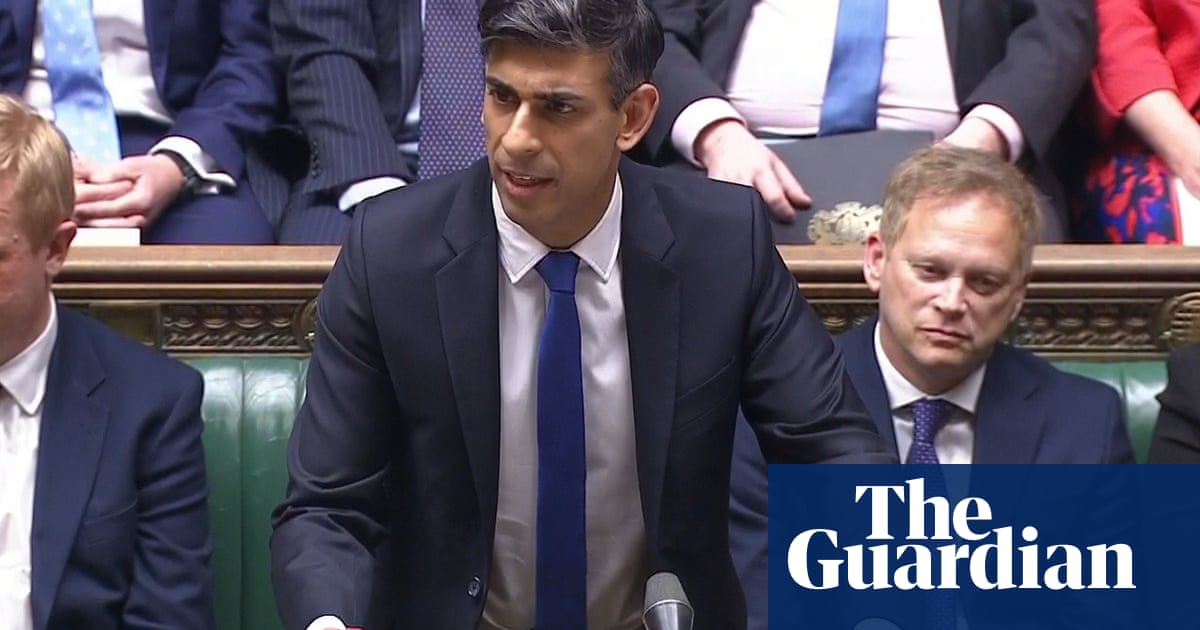
Unions are expected to take legal action against anti-strike laws being prepared by Rishi Sunak amid reports the curbs will be unveiled when parliament returns this month.
The legislation being looked at by Sunak would extend plans already announced by ministers to enforce minimum service levels on public transport – meaning 20% of regular rail services would need to continue during strike action.
That could be extended across the public sector to include NHS workers including ambulance staff, as well as teachers, the border force and fire services.
Ministers are also considering beefing up strike laws that already impose tough conditions to allow strikes to go ahead. Currently, strikes are only allowed if there is a 50% turnout of union members.
But there is a higher threshold for transport, health and education – needing 40% of all eligible members, not just of those voting, to be in favour, and that requirement could be extended to all sectors.
The new legislation may be introduced shortly after parliament returns on Monday 9 January, though it is highly unlikely to be in place before the summer because of anticipated delays in the Commons as well as the House of Lords – and then the law is likely to be challenged by unions in court.
A government spokesperson confirmed Sunak was “exploring further measures to help minimise disruption and protect the public”.
“Anything we bring forward will rightfully balance the rights of workers to strike with the rights of the public to get on with their daily lives and keep people safe,” the spokesperson said. “This work is continuing at pace, and further details will be set out in due course.”
Dave Penman, the general secretary of the FDA union, which represents civil servants, said that anti-strike legislation would not solve the problem of low pay that had caused widespread strike action across so many sectors.
“It would be a political choice for the prime minister, but it’s not going to resolve this,” he told LBC. “Tinkering with what are already some of the most draconian trade union laws in western economies are not going to address the fundamental problems around this.”
He added: “The government’s got a majority, and if they can pass legislation in the Commons and the Lords then ultimately there’s only a limited amount we can do, where we think it’s unlawful we will seek to challenge. This is not going to resolve any of these disputes … working people are still voting in record numbers for this.”
Key figures in government believe that taking swift action on strikes will be a politically advantageous fight for the Conservatives to have with Labour.
The Labour leader, Keir Starmer, has suggested the party will not back further curbs to industrial action and his deputy, Angela Rayner, has said she wants to repeal all the government’s anti-worker legislation.
Labour has stopped short of backing many striking workers and frontbench MPs have been told not to stand on picket lines.
A new wave of strikes this week will cause mass cancellations on the rail network because of action by the RMT and Aslef unions. About 40,000 RMT members from Network Rail and 14 train operating companies will take action this week, shutting down most rail services across the country.












